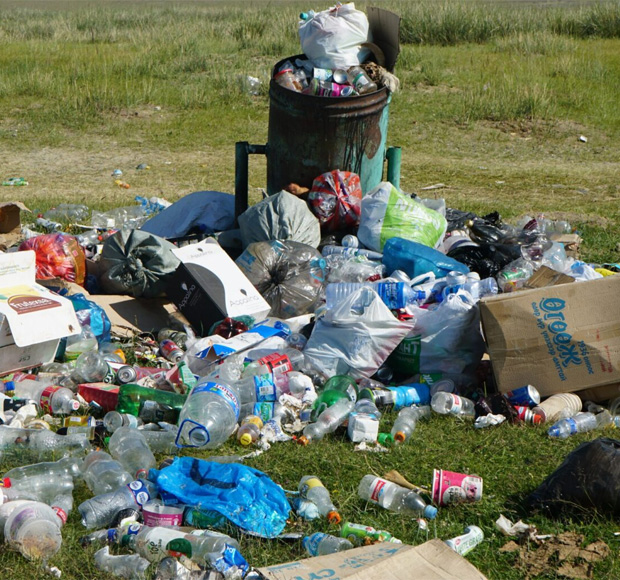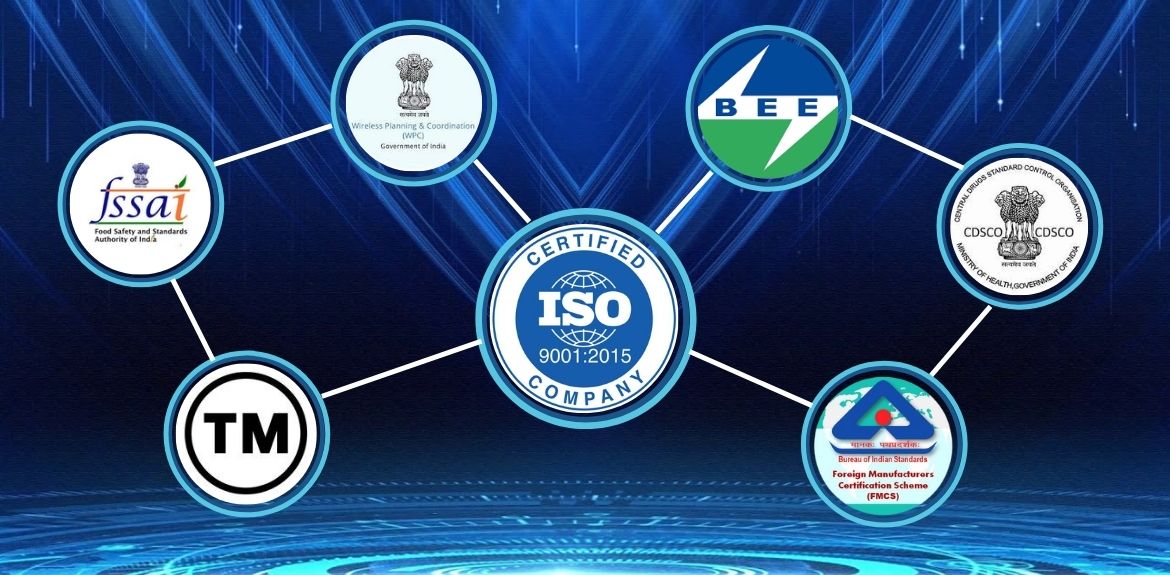Plastic EPR

Plastic waste is causing damage to the environment and increasing pollution. It is hazardous not only to human health but also to wildlife. If plastic is not correctly managed, producing new plastic products will be a waste of resources. Hence, plastic recycling is the most essential step toward preventing environmental damage. Plastic recycling is the process of collecting plastic waste and converting them into reusable products. Almost all products have plastic involved in it. Recycling ensures that plastic is not getting wasted. Instead, it is recycled into plastic granules which are further converted into new products such as benches, chairs, dustbins, etc.

We Provide Best Service For Your Company
EPR Authorization for Plastic Waste Management
Plastic has many uses and the improper disposal of plastic waste has become a major threat to the environment. Plastic carry bags and plastic packaging materials are the major contributors to environmental pollution like soil, water, and air, it takes an average of one thousand years to decompose completely. Therefore the plastic waste management regulations in 2011, were introduced, in order to tackle the problem of plastic waste in a scientific manner. In violation of the earlier Plastic Waste Regulations, 2011 the government notified the Plastic Waste Management Regulations, 2016.

The 2016 Plastic Waste Management Rules require manufacturers and importers to properly dispose of or recycle post-consumer plastic waste. Extended Producer Responsibility (E.P.R.) is a business and environmental strategy for managing the lifespan of a product. EPR Authorization is the term used to describe the producer’s responsibility for controlling product disposal after consumers have declared them to be useless. Making it simpler for end-of-life, post-consumer waste to be collected and recycled is a producer’s obligation. The objective is to develop a system that handles the collecting, sorting, and transportation of waste to a disposal site.








